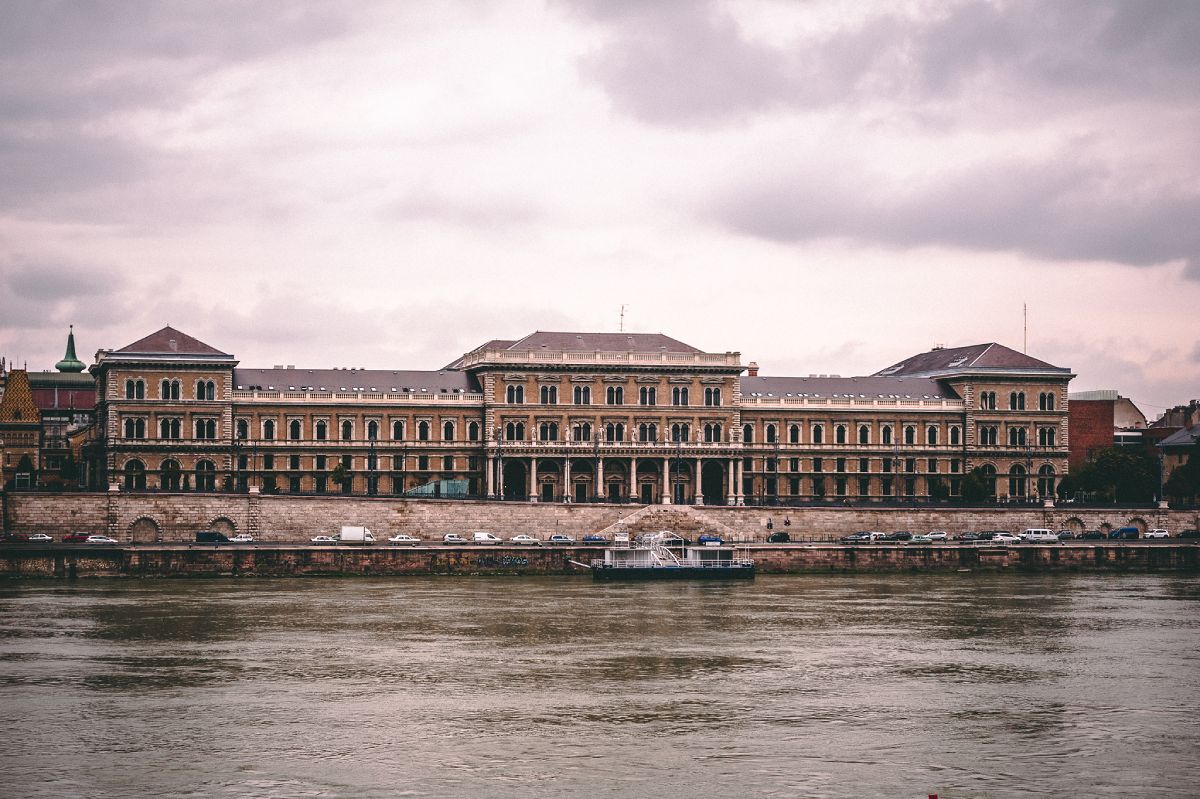It is Not Our Financial Situation that Determines How Much We Play Sports
The financial situation does not show a strong any correlation with the amount of sports, but it does significantly affect our spending on sports – this was revealed, among other things, by a survey carried out by the Research Centre for Sports Business of Corvinus University of Budapest (SGK) last summer. The results of the research entitled ‘Sports-Value’ also show that those with higher education are more active in the field of sports, and that the vast majority of respondents have a positive attitude towards domestically organised international sports events.

The members of the BCE Research Centre for Sports Business carried out an online quantitative research to assess sports consumption and sports motivation. Researchers first assessed satisfaction with health status: 27.5 percent of respondents were completely satisfied, and 45.6 percent were more satisfied with their own health status.
The survey also found that singles and couples typically do more sports than married people, whether they are men or women. The results also show that sport is still more of a ‘fun’ for men: among them, the proportion of those doing sports everyday is 7.3 percent higher; while in the group of those doing sports at least 2-3 times a week the difference is 11.7 percent in favour of men. Not only do men more sports, but they go to more sports events and they are in the majority among with season tickets.
According to the survey, two-thirds of people doing sports mostly play sports alone, followed by playing sports with friends and then with family or couple. The online workout form is chosen by 11.7 percent of people doing sports at least weekly. An interesting result is that the sport most commonly pursued by respondents is gym workout, followed by running and cycling, but ‘body and mind’ types of movement are also becoming more popular. Running competitions are the most popular of the leisure sports events.
Sport and the spirit of competition are mutually reinforcing each other. Participants in leisure sports events do more sports: preparing for a competition is a motivation for sports activity; and those who play more sports are more likely to measure themselves in a competitive situation.
Based on the results of the research, there is also a correlation between the type of residence and the amount of sports. People living in larger settlements and in the capital do more sports and go to private sports facilities, and spend more on tickets and entry fees than those living in smaller settlements. It is not the financial situation that determines how much we do sports, but those in a better financial situation spend more on sports services and sports equipment.
As it turned out, education is also an influencing factor in the amount of physical activities: those with higher education are also more active as participants and spectators in the sport. The proportion of doing sports at least 2-3 times a week among college or university graduates is 16 percent higher than for those with no more than a secondary education.
The community-building power of sport varies by type of settlement. The proportion of people with season tickets is higher in settlements outside the capital. Attachment to a sports club is higher in larger cities.
Research also highlights that employees are dissatisfied with supporting occupational health. One third of respondents’ workplaces do not provide any health-related programmes. Only 22 percent of workplaces support the active lifestyle of employees in some form, and in more than half of the cases, this means a sports day. 51.7 percent of the employees surveyed would like a fitness or gym pass to be provided, while one in four respondents would like the support of cycling. The data show that there is a great demand for workplace sports support.
The assessment of domestically organised international sports events is decisively positive. 78 percent of respondents agreed that international sports events increase the awareness of the organising city. The assessment of that statement is similarly positive (64 percent) that international sports events are giving new impetus to city development and boosting the local economy.
A flash report on the directions and main curiosities of the main results of the ‘SPORTS-VALUE’ research can be read here.
The survey took place between 1 August and 15 September 2020, interviewing 728 people in the form of an online self-administered questionnaire. The detailed analytical phase of the non-representative research is starting now, so the data reported focus only on presenting the primary results.
